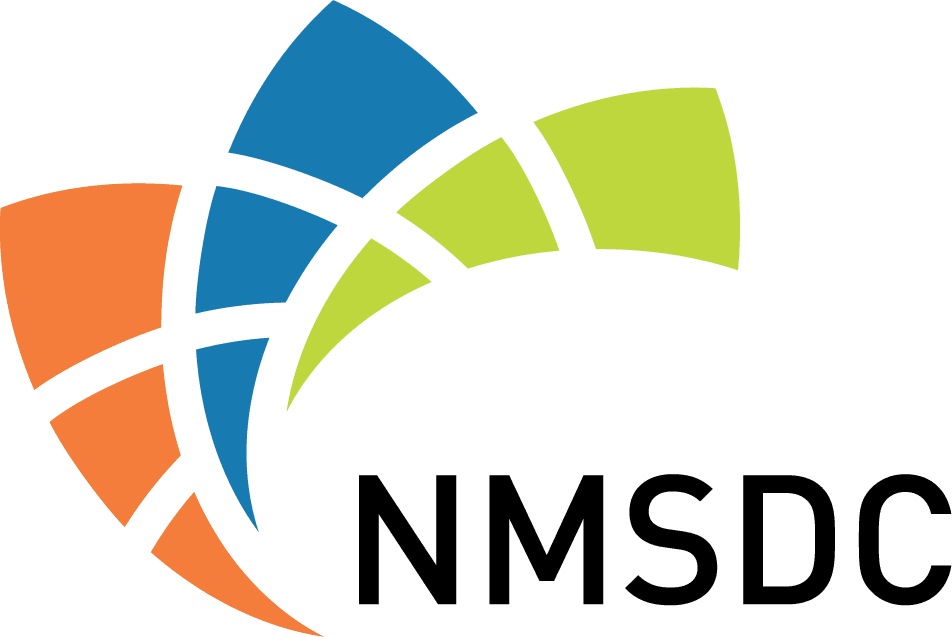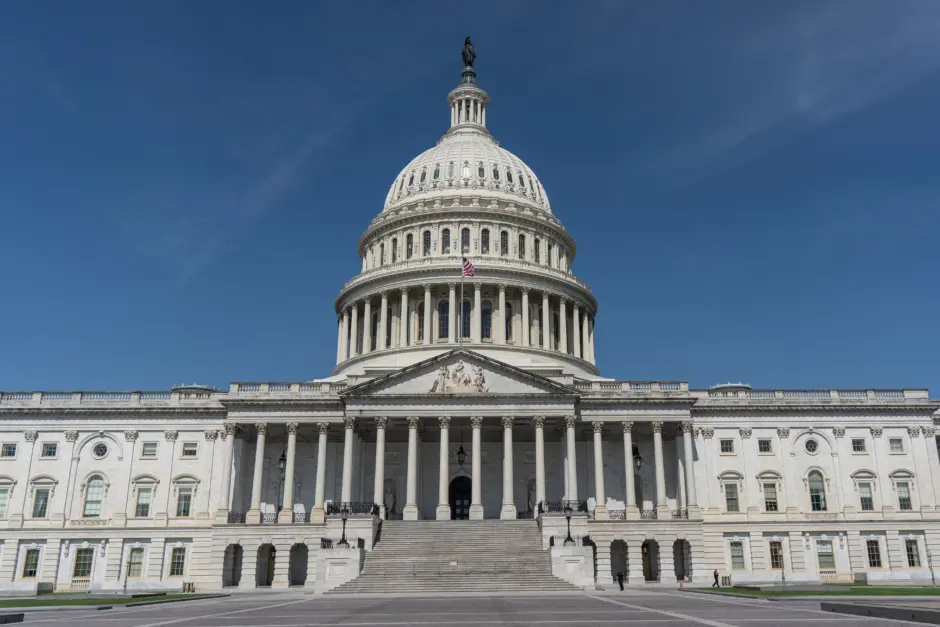The federal government shutdown is once again making headlines. News outlets are tracking furloughed workers, delayed paychecks, and the political standoff. But beneath those headlines lies another story: how the shutdown is disrupting Minority Business Enterprises (MBEs) and putting years of supplier inclusion progress at risk.
Why MBEs Feel the Pain First
MBEs often run lean. They rely on timely payments, access to contracts, and government programs that level the playing field. When Washington stalls:
- Contracts stall too. Agencies can’t issue approvals, primes can’t move projects forward, and MBEs further down the chain are left waiting.
- Payments slow down. Delayed invoices mean small firms scramble to cover payroll and overhead with already thin margins.
- Programs freeze. Federal grants, technical assistance, and certifications are paused—shutting MBEs and historically underutilized firms out of critical resources.
- Confidence takes a hit. Each day of uncertainty adds risk to supply chains, especially in regions where federal spending drives the local economy.
According to the White House, the U.S. economy could lose $15 billion in GDP every week the government stays shut down. That’s not just a number—it translates into cancelled contracts, missed opportunities, and tighter credit for minority-owned firms. The Small Business Administration (SBA) claims “that 320 small businesses and roughly $170 million in SBA-backed financing” is lost every day the shutdown continues.
Real-World Impact: In Their Own Words
Ronnette Meyers, JLAN Solutions LLC (Washington, DC)
“At JLAN Solutions, we are managing operations during the shutdown by prioritizing transparency and communication with our employees. We are working closely with contract partners and agencies to understand evolving requirements, while making adjustments such as reduced staffing levels and temporary furloughs where necessary. Internally, we are focusing on strengthening cash-flow management, delaying non-essential spending, and reallocating resources to sustain critical functions.
We are also using this period to continue internal planning and business-development activities so that once the government reopens, we can resume services without disruption. Above all, our goal is to support our employees and customers through this period of uncertainty while staying true to our mission of being a trusted partner for government.
For JLAN Solutions, navigating this shutdown means balancing our commitment to our customers with the responsibility we have to our employees and their families. As a small business supporting agencies such as the FAA, SSA, DOJ, and DOT, we see firsthand how disruptions delay critical work, strain resources, and impact the federal missions we are entrusted to support.
We’ve had to prepare for potential layoffs, delay onboarding new team members, and carefully manage cash flow while continuing to provide quality service. At the same time, we are reinforcing communication with our employees to keep morale steady and reminding them that their work is valued.
The impact goes beyond operations; it affects the people behind the contracts. At JLAN, we remain committed to our mission of being a trusted partner for government, but we hope decision-makers understand that shutdowns disrupt not just programs, but also the small businesses and communities that stand behind them.”
_____________________________________________________________________________
Claudette Darline Hope, Claudette Bookkeeping and Tax LLC (Randolph, MA)
“My business has focused on maintaining financial stability and operational consistency during this period. I have adjusted cash-flow management to prioritize essential expenses and extended flexible payment options for clients affected by the slowdown. While some outreach and onboarding efforts for new clients and government contracts have been delayed, I have used this time to strengthen internal systems, update marketing materials, and complete certifications and registrations that will position my business for new opportunities once activity resumes.
As a newly certified Minority Business Enterprise and SAM.gov registered vendor, my business is navigating this shutdown by remaining focused on sustainability, preparedness, and client trust. Although government outreach and contracting opportunities have slowed, I continue to strengthen internal processes, update compliance systems, and provide consistent support to small-business and individual clients who rely on bookkeeping, tax, and notary services.
This shutdown has reinforced the importance of diversification and networking across both public and private sectors. I am using this time to position Claudette Bookkeeping and Tax LLC for growth through relationship-building, capability development, and participation in programs that expand visibility among corporate and government buyers.
I appreciate NMSDC’s continued advocacy and efforts to amplify the voices of MBEs like mine. With greater access to contracting opportunities, partnership connections, and capital support, businesses like mine will remain resilient and ready to serve as trusted vendors in the economic-recovery process.”
_____________________________________________________________________________
Jon Alvarado, Teach Financial Literacy (Grand Island, NE)
“The 2025 government shutdown has paused our contract with Tennessee Tech GEAR UP and delayed several school district rollouts that were ready to begin. I have also noticed a sharp reduction in demand as many districts are experiencing budget freezes or cuts. This year alone, Teach Financial Literacy was approved as a verified vendor in three large districts, including La Joya ISD, Fresno Unified, and Pasadena ISD. However, the current funding situation has stalled the momentum of these programs and temporarily halted expected cash flow and implementation.
To maintain operations, I have reduced expenses, paused marketing, and scaled back contractor hours. I have taken on multiple responsibilities personally while exploring ways to consolidate business debt to stabilize cash flow. In addition, I am preparing to make specific adjustments to our bilingual student and adult financial literacy program so it can align with a potential new project that would expand our reach once funding resumes.
Teach Financial Literacy remains committed to advancing economic empowerment through bilingual financial education. There is also a growing opportunity to partner with corporations that employ large numbers of teenagers or entry-level workers, helping young employees and their families gain financial confidence while supporting corporate retention and community goals. With modest support, we are prepared to deliver immediate, measurable impact at both the community and workforce levels.”
_____________________________________________________________________________
Keisha Ervin, Kykoe Designs Inc DBA Keisha’s Kreations (Houston, TX)
“We have pivoted by getting a new warehouse, reducing staff, minimizing our spending, and looking into more collaborative partnerships that will help us expand our company’s footprint. After 20 years in the business I believe we have found a way to thrive and not just survive. Capital and financial support is always a big deal for us as a minority woman-owned company.”
_____________________________________________________________________________
Learning from History
This isn’t the first time minority-owned businesses have suffered disproportionately in a shutdown. An analysis of the 2013 shutdown by economist William Michael Cunningham found that Black-owned businesses were among the hardest hit, losing an estimated $10 million per day due to reliance on federal contracts and local government spending streams (Washington Post, 2013).
That history reminds us: shutdowns don’t just pause operations, they set back equity.
The 2018 government shutdown brought similar challenges, and several MBEs reflected on how it shaped their current approach:
___________________________________________________________________________
Ivanhoe Rodriguez, A+ Framers, Inc. (San Antonio, TX)
“The last shutdown taught me to diversify my client base. We had to let go of one part-time employee and learned never to rely too heavily on one federal agency.”
______________________________________________________________________________
Paul Navarro, NexTerra Subterranean Inc. (El Paso, TX)
“During 2018, our contracts froze overnight. We couldn’t bill for completed work, and it nearly pushed us out of business. This time, we immediately built a reserve fund to sustain us through uncertainty.”
_____________________________________________________________________________
Joseph Lewis, FlenTek Solutions, Inc. (Dallas, TX)
“We learned hard lessons about planning for downtime. Now, we use shutdowns to improve internal processes, marketing, and outreach so we can rebound faster once things reopen.”
___________________________________________________________________________
Claudette Darline Hope, Claudette Bookkeeping and Tax LLC (Randolph, MA)
“The last shutdown taught me the importance of building financial resilience and staying ready. It pushed me to tighten my operations, prepare for economic uncertainty, and keep strengthening relationships with both public and private clients. That lesson is helping me navigate today’s shutdown with more strategy and less panic.”
___________________________________________________________________________
These reflections underscore that for many MBEs, the current shutdown reopens old wounds. Yet, they also highlight the resilience and ingenuity that have kept minority businesses pushing forward—even when Washington stops.
What We Can Do Together
- Corporations and prime contractors: Keep paying MBEs for work already delivered. Don’t let delays cascade down the supply chain.
- MBEs: Communicate early with clients about risks, conserve cash, and track shutdown-related delays for potential relief.
- NMSDC and Affiliate Councils: Continue advocating for MBEs at the national level, while providing local, rapid support and resources to those most affected.
The Bigger Picture
Shutdowns come and go, but the impact on MBEs lingers. This is why supplier inclusion is about more than meeting a target—it’s about building resilience in communities that too often bear the brunt of political gridlock.
At NMSDC, we are committed to ensuring MBEs not only survive disruptions like this, but also remain central to America’s path forward. Because when MBEs thrive, the entire economy thrives.
That’s why we’re bringing together changemakers, corporate leaders, and entrepreneurs at the 2025 NMSDC Annual Conference and Exchange, November 2–5 in Miami. Join us as we continue shaping a more equitable economy, because our shared resilience starts with connection.
立即注册!


